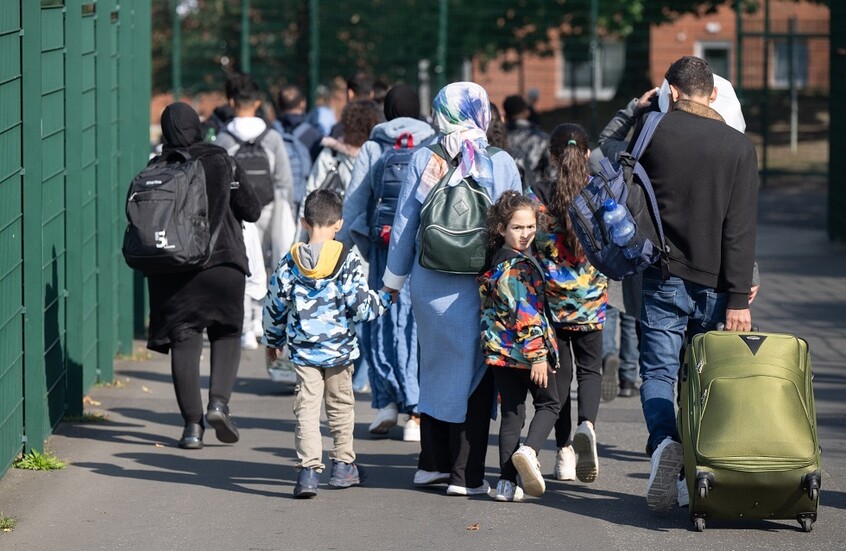A recent study from the University of Galway on migrants across all regions of Ireland confirms that access to Irish language learning aids in the integration of migrants, particularly in rural communities. The study also highlights the need to expand the availability of English language classes for migrants in these rural areas.
The study was conducted as part of the Migration, Rural Villages, and Intercultural Communication project, directed by Dr. Andrea Ciribuco, a professor in the School of Languages, Literatures, and Cultures at the University of Galway. It focused on the role of language in the integration of migrants in rural Ireland.
The study explored the experiences of migrants in 11 counties and examined how learning Irish and English impacts their access to employment, services, and community involvement. Learning English plays a vital role in aiding migrant integration and promoting community participation in societies that may not be welcoming.
The study highlighted several challenges mothers face in accessing language learning and training classes. These challenges include childcare responsibilities, language barriers, and insufficient advanced language education, all of which limit migrants’ opportunities for satisfactory employment. In rural areas, particularly in the Gaeltacht, immigrants view learning the Irish language as an essential aspect of the integration process and a vital part of local culture and heritage. However, they often struggle to find the time to learn the language themselves, despite their interest in enrolling their children in Irish-language schools.
The migrants interviewed by the study team reported that they did not encounter negative reactions from local community members when speaking their native language in rural areas. However, the study also highlighted the challenges migrants face in securing suitable long-term employment in these regions.
Highlighting the significance of addressing the experiences of migrants in rural areas, Ciribuco stated, “The integration of migrants in rural areas is a critical issue for the future of Ireland and Europe. Despite this, most migration research tends to concentrate on urban areas.”
“Ireland has one of the highest rates of rural migration in Europe, making this study essential for exploring the challenges and opportunities faced by rural migrants. The influx of migrants into rural areas presents specific challenges related to infrastructure and integration, but it also offers opportunities for cultural and economic vitality. However, public discourse often overlooks these complexities,” said Ciribuco.
The results of the study were derived from fieldwork, including interviews and focus groups conducted between March 2023 and June 2024. The research involved 165 migrants from 31 different nationalities residing in 11 counties across the country. One focus of the study was the Ukrainian migration experience, particularly relevant as tens of thousands of refugees arrived in Ireland from Ukraine during this period.





